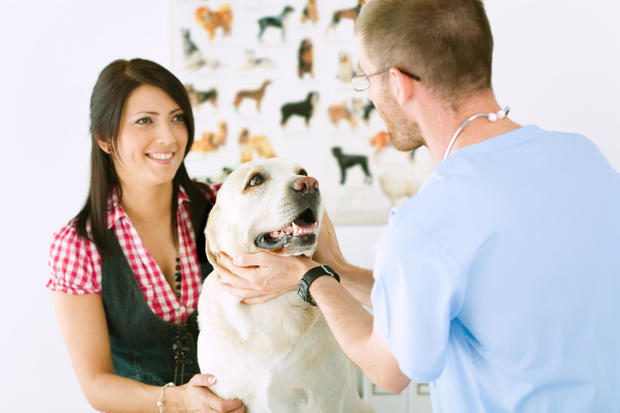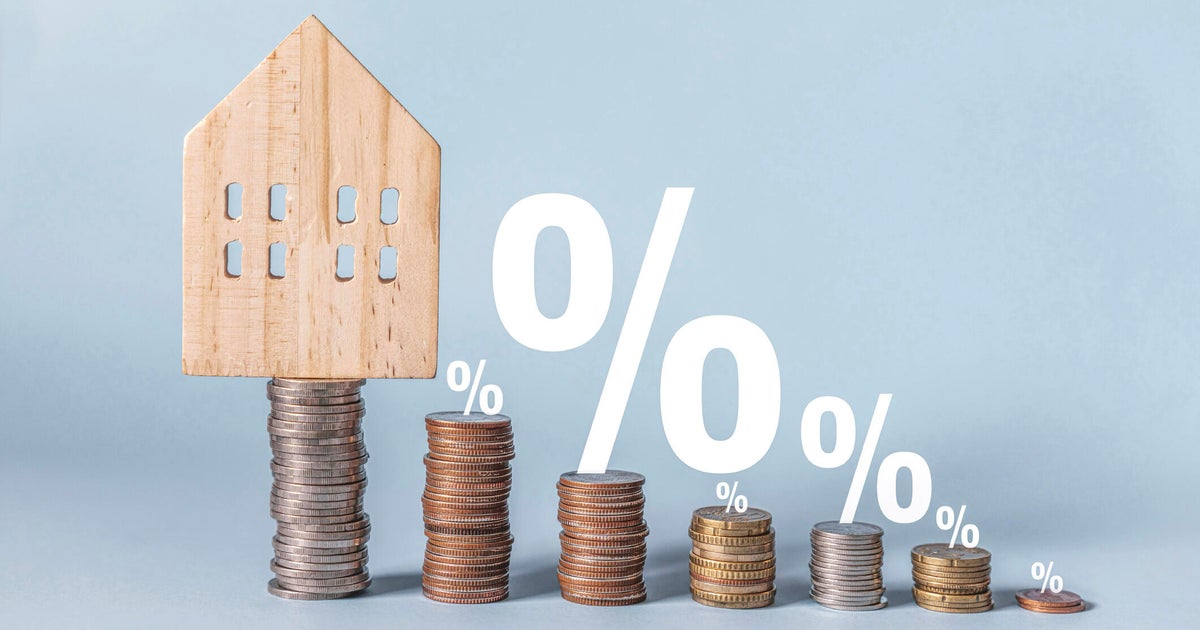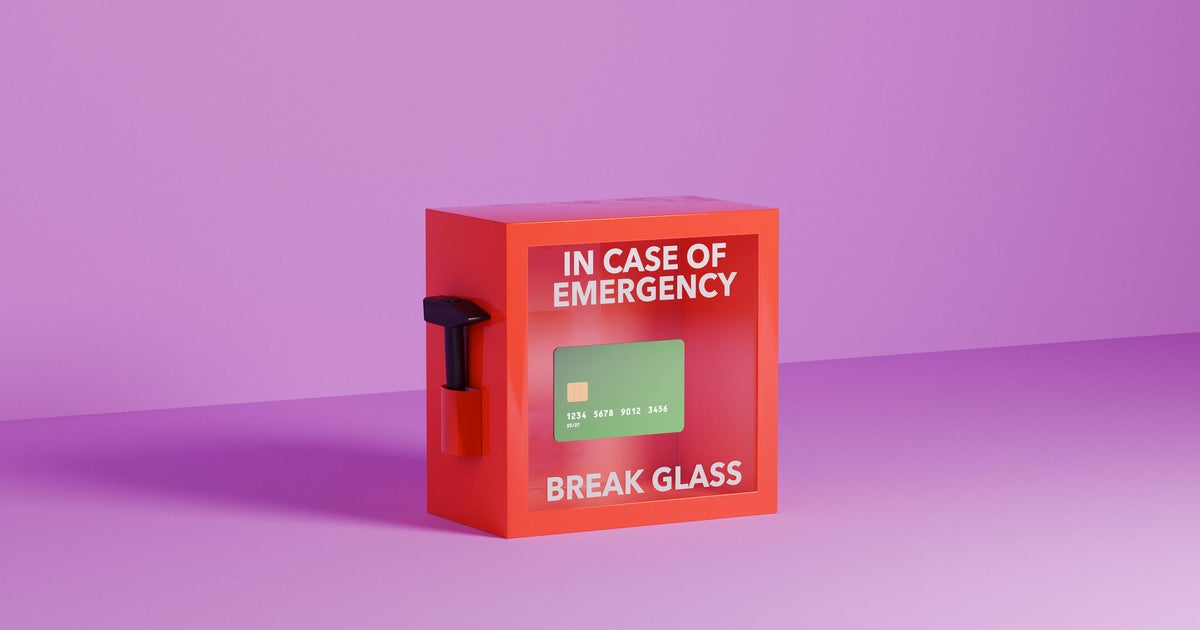How pet insurance covers vet visits
Pet insurance is a unique form of protection for both owners and their cats and dogs.
In return for a minimal payment each month (made cheaper if paid annually) owners can rest easy knowing that their pet has medical care and, should any emergencies arise, they have the financial support to get through it.
While the benefits of pet insurance are significant and multiple, there are some surprising things policyholders should be aware of in order to maximize their return. That's because pet insurance doesn't work like health or life insurance for humans, particularly when it comes time to head to the doctor.
If you're in the market for pet insurance - or want to expand your existing coverage - then reach out to a pet insurance expert now. They can answer any questions you have and help you get started with a free quote.
How pet insurance covers visits
As mentioned above, pet insurance doesn't work exactly as owners may expect. Pre-existing conditions, for example, won't likely be covered by most pet insurance plans. This is why it pays to act early when pets are young, healthy and cheaper to insure.
Perhaps the most important way pet insurance is unique, however, is the way in which it covers vet visits. Or maybe a more accurate way to say it is how it doesn't cover vet visits. At least not on the same day.
That's because pet insurance works on a reimbursement model. Here's what that looks like:
- When going to the vet, you'll be responsible for any services, procedures, and medicine your pet received at the time of the visit. So you'll have to tap into savings or charge your credit card that day.
- Your pet insurance provider, however, will reimburse you for any money spent (depending on your policy and coverages). You'll just need to file a claim and submit it. From there, your insurance provider will process it and send you the funds you spent back.
According to Fetch by The DoDo, owners will need to submit two documents to process a claim:
- "A finalized invoice from your vet showing what your pet was treated for and how much you were charged. An invoice has to show a zero balance or that it was paid in full in order for us to accept it."
- "Detailed medical records from your pet's most recent checkup (a vet visit unrelated to your pet getting sick or hurt)."
"Claims are typically processed within 15 days from when we receive all your documents," Fetch by The Dodo says.
Just note that the exact reimbursement process may differ slightly from provider to provider.
A pet insurance expert can help you build a plan today so that your future visits are covered!
Other pet insurance considerations
While you will get reimbursed for your pet's care after the visit, don't forget these other key factors:
- Your coverage plan will determine exactly how much you will get reimbursed (if at all). Policies can be robust and cover all sorts of ailments and issues or they can be simple, cheaper and provide protection only in emergencies. Do the homework to find the right plan for you.
- The best time to act is now. Pet insurance is like life and health insurance for humans in the sense that it will only grow more expensive as the insured ages and health issues arise. So act before nagging health conditions appear and prices increase.
- And don't be afraid to ask your vet for help. You're familiar with your pet but they have expert knowledge on all types of dogs, cats, breeds and health conditions. They can help you tailor your policy to only what you need so you don't wind up paying for a policy you don't use.
More questions? Speak with a pet insurance pro now who can help guide you through the process.




